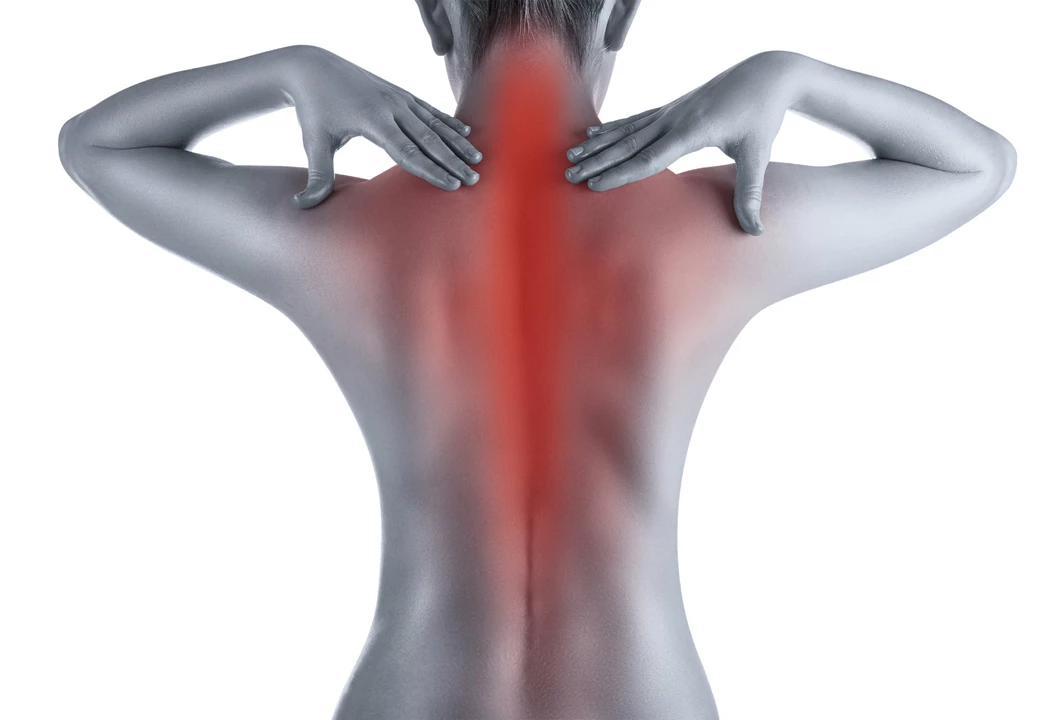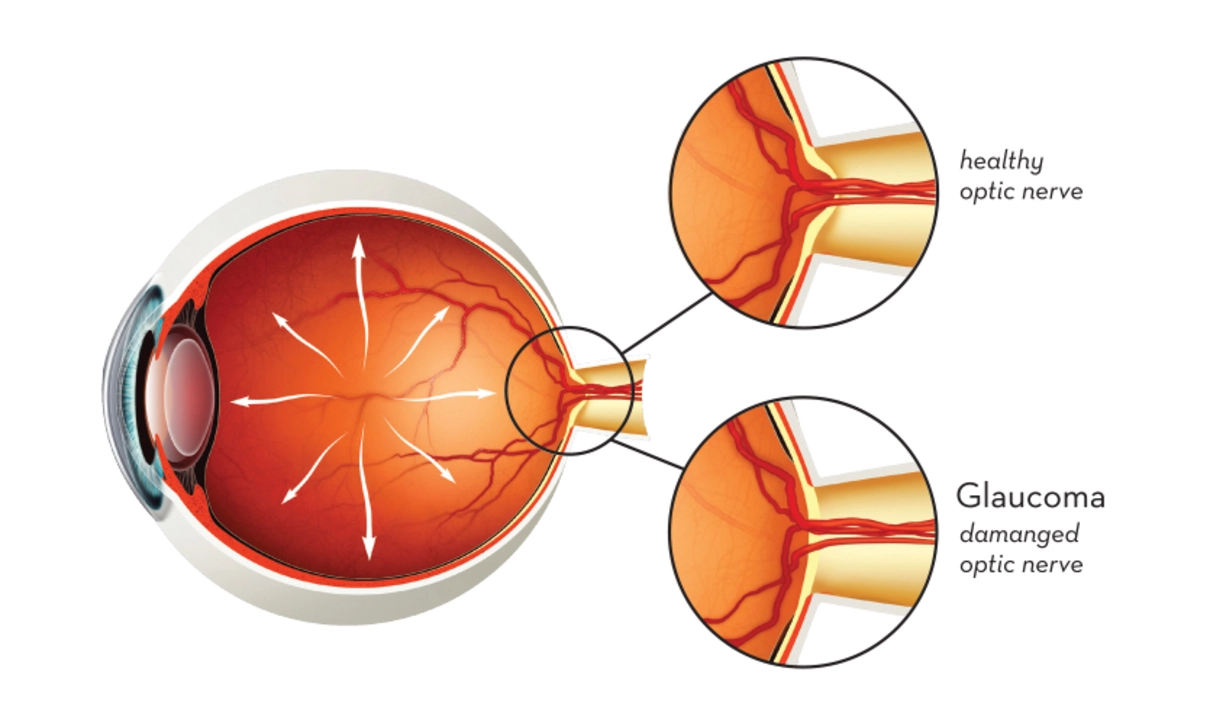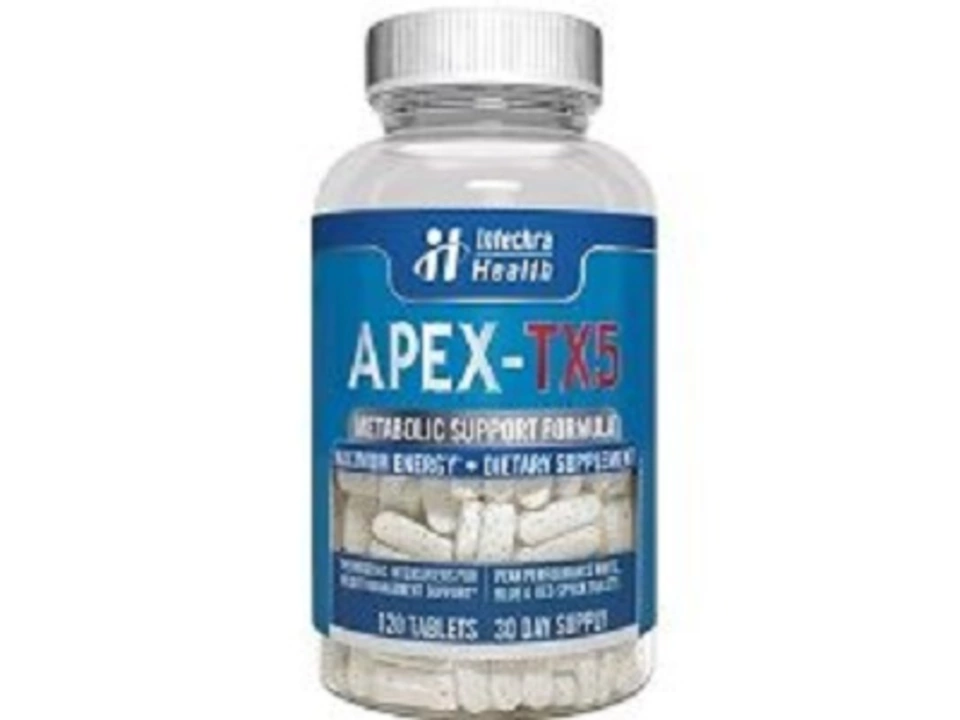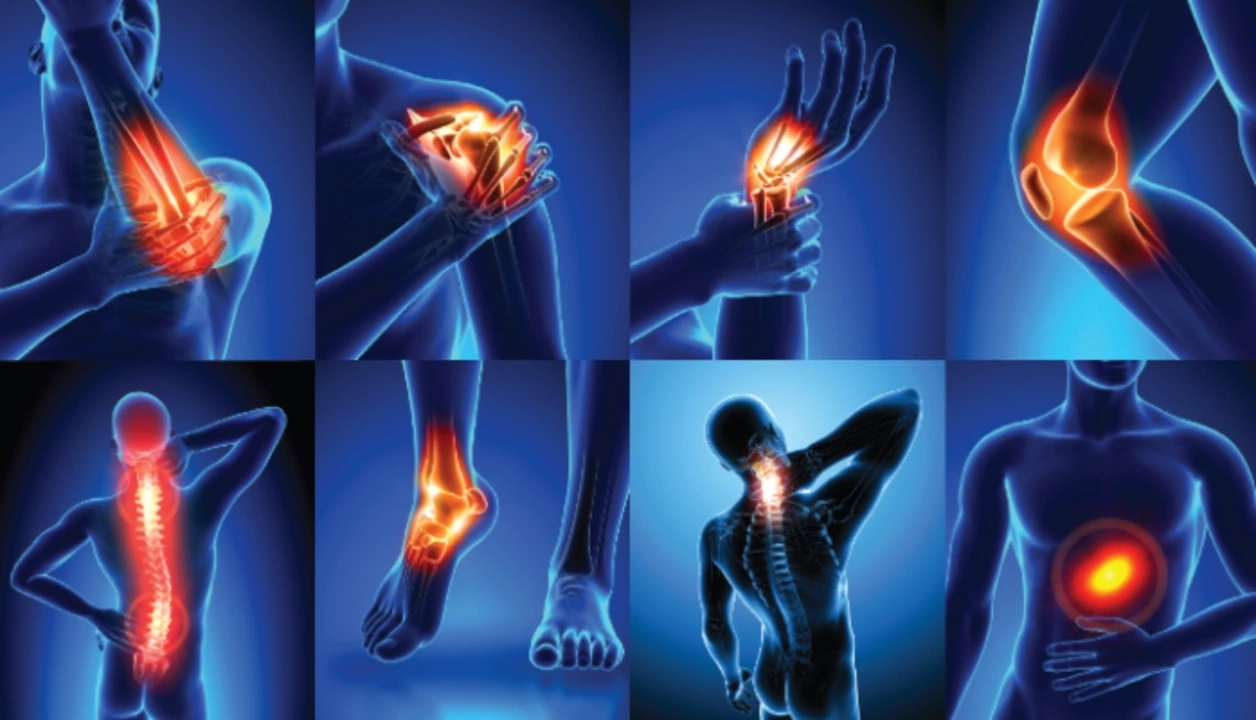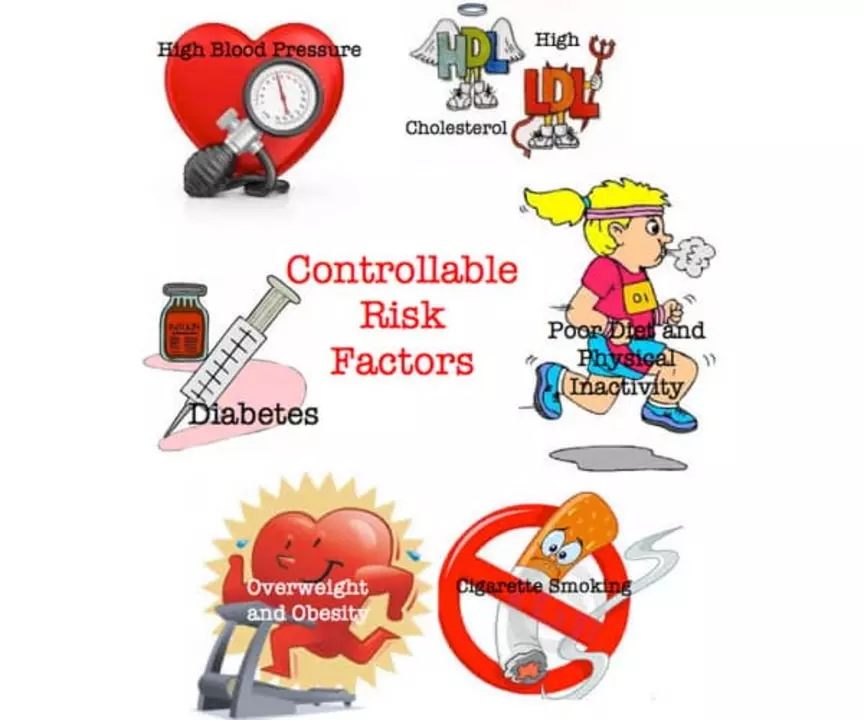May 2023: Quick reads on meds, symptoms and smart supplement choices
Pain that burns, eyes that need careful drops, and supplements that promise a boost — May 2023 brought short, practical posts covering real health questions. If you read one thing from this archive, let it be this: notice symptoms early, ask your clinician the right questions, and treat supplements like tools, not cures.
What people asked about symptoms and conditions
Fibromyalgia showed up with a clear pattern: several readers reported a constant burning pain. The posts explain that this feeling likely comes from nerves and brain pain pathways that have become extra-sensitive. Tip: track when the burning spikes and what helps (rest, warmth, meds) and show that log to your doctor — it speeds up useful treatment decisions.
Neurology topics included dementia of the Alzheimer’s type and central cranial diabetes insipidus. For dementia, the post broke down common early signs like memory slips and mood changes, and suggested practical steps: simplify routines, keep lists, and talk to a doctor about early testing. For diabetes insipidus, the focus was on weight and hydration: small diet tweaks and steady activity can lift energy and reduce complications.
Medication-focused practical tips
Eye health got attention. Betaxolol was highlighted as a beta-blocker that lowers eye pressure and can slow glaucoma progression — the takeaway: early diagnosis and regular pressure checks matter most. Oxybutynin, used for overactive bladder, can blur vision or cause dry eyes; if that happens, report it fast and ask about dose changes or alternatives.
Other medication posts were hands-on. Metaxalone MR was discussed as a muscle relaxant option for post-op pain that avoids opioids; talk with your surgeon about timing and interactions. Valsartan-hydrochlorothiazide dosage advice reminded readers to personalize doses based on response and side effects, and to monitor blood pressure at home. Primaquine’s role in cutting malaria spread came with an important safety note: check G6PD status before use, because of possible serious side effects in some people.
Skin and infection posts gave useful checks: fusidic acid might help some bacterial skin issues and acne types, but it’s not a universal acne cure — see a dermatologist if products fail. Persistent anal itching could signal lichen sclerosus; don’t ignore chronic itching and get a specialist opinion.
Short health lifestyle pieces rounded out the month. Alcohol’s link to wrinkles was an easy reminder: reduce intake, hydrate, and protect skin to slow collagen breakdown. Brooklime and Wahoo supplements were introduced as nutrient boosters — practical tip: try small doses first and track effects, and always pick quality brands.
Use this archive as a quick reference: scan titles for the issue you face, read the short post, then bring notes to your clinician. If a medication or symptom is mentioned here, ask about alternatives, side effects, and simple monitoring steps you can do at home.
